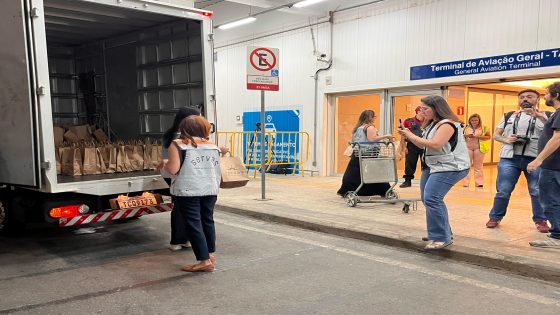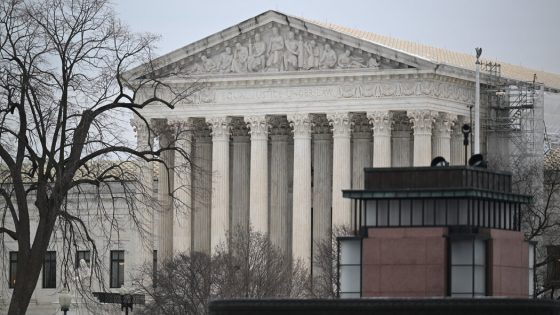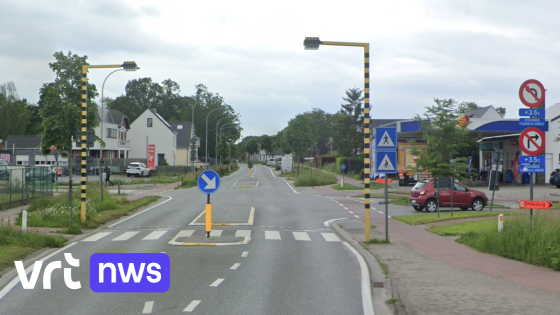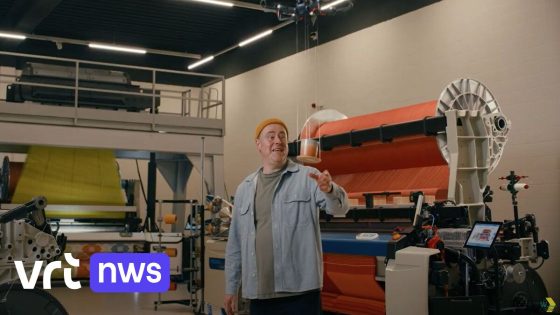On February 8, 2025, a flight carrying deported Brazilians arrived in Fortaleza, marking a shift in how the U.S. handles deportations. Passengers expressed frustration over long waits without food, highlighting the challenges faced during their return.
- Passengers arrived in Fortaleza without handcuffs.
- Some passengers complained about hunger.
- They experienced up to 12 hours without food.
- Fortaleza is a close entry point to the US.
- Brazilian government manages deportation procedures.
- Handcuffing is standard practice by the US.
Deportation Process Changes for Brazilians: What You Need to Know
Why are deportations changing? The Brazilian government has designated Fortaleza as a key entry point for deported citizens, aiming to reduce the time they spend in restraints. This decision is part of a broader strategy to enhance the deportation process.
Impact of U.S. Deportation Policies on Brazilian Citizens
The new approach to deportations has sparked discussions about human rights and the treatment of individuals during the process. By moving deportees to Fortaleza, the Brazilian government hopes to minimize the time they are restrained, which has been a common practice by U.S. authorities.
Key Changes in the Deportation Process for Brazilians
Recent updates to the deportation process include:
- Reduction of time spent in restraints during flights.
- Direct flights to Fortaleza to streamline the process.
- Increased support for deportees upon arrival.
- Focus on improving conditions for those being deported.
What This Means for U.S.-Brazil Relations
The changes in deportation procedures reflect a growing concern for the welfare of deported individuals. As the U.S. and Brazil navigate complex immigration issues, these adjustments could pave the way for improved diplomatic relations.
Public Reactions to the New Deportation Policies
Reactions from the public and advocacy groups have been mixed. Some applaud the efforts to treat deportees with dignity, while others raise concerns about the overall deportation process. How will these changes affect perceptions of the U.S. government?
In conclusion, the recent flight of deported Brazilians to Fortaleza highlights significant changes in the deportation process. As both countries adapt, the focus remains on improving conditions for affected individuals.

































